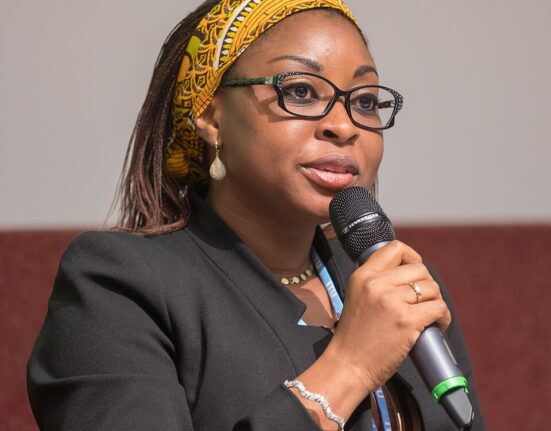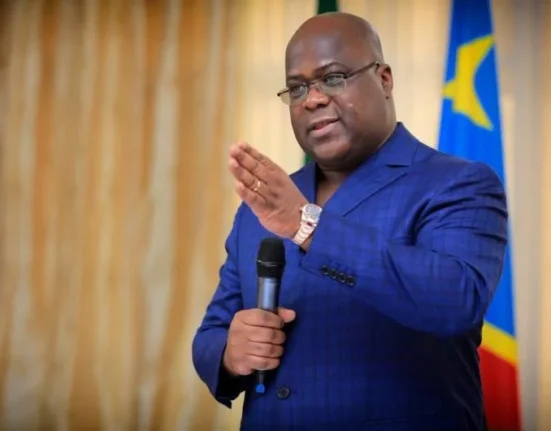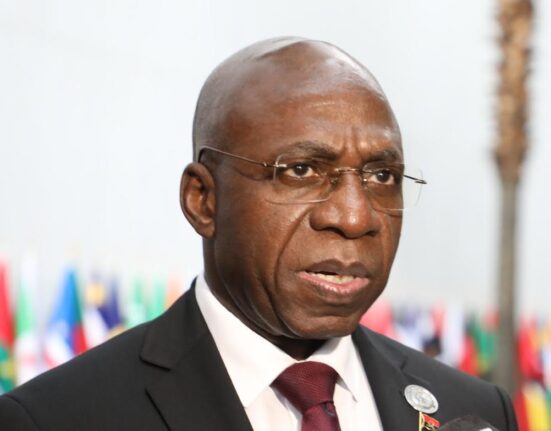More than five decades after the first calls for political renewal across the continent, the question remains: why does change in Africa still provoke such fear among those who should be leading it?

AfricaHeadline Reports Team
editorial@africaheadline.com
Despite decades of independence, too many governments remain trapped in old habits. Official speeches at summits and assemblies are filled with promises of development, yet the reality often reflects practices that serve personal and family interests rather than effective public policy. Education systems remain fragile, health care is underfunded, and millions of young people are left without meaningful opportunities in their own countries.
Ordinary citizens, however, are not afraid of change. From the farmer tilling his land to the informal worker sustaining a family, from teachers educating without resources to doctors saving lives with limited means, from young entrepreneurs trying to innovate without credit to factory workers enduring long shifts—Africans are ready for transformation. The people are waiting.
So who is afraid?
It is the public officials who see office as a personal business.
It is the politicians who have grown wealthy in the shadow of the state.
It is the monopolists determined to protect their privileges.
It is the career loyalists who survive on favors and patronage.
It is the political dynasties that treat the state as an inheritance.
It is those who long abandoned ethics and now fear the judgment of transparency.
At the heart of the dilemma lies a small minority clinging to power and influence—an elite more willing to mortgage the future of 1.4 billion Africans than to relinquish control over resources and institutions.
But the direction of the continent is already set: industrialization, regional integration, food sovereignty, energy transition, and technological innovation. Progress is inevitable. The real question is whether today’s leaders will have the courage to drive that march—or whether they will be remembered as obstacles to history.
Africans demand peace, stability, and progress. They demand to be protagonists, not bystanders. The time for excuses is over. The choice is now unmistakable: lead with courage, or step aside and let Africa move forward.
* Original by Paulo de Carvalho, Angolan Sociologist
Highlights authorship and gives academic and intellectual legitimacy.








